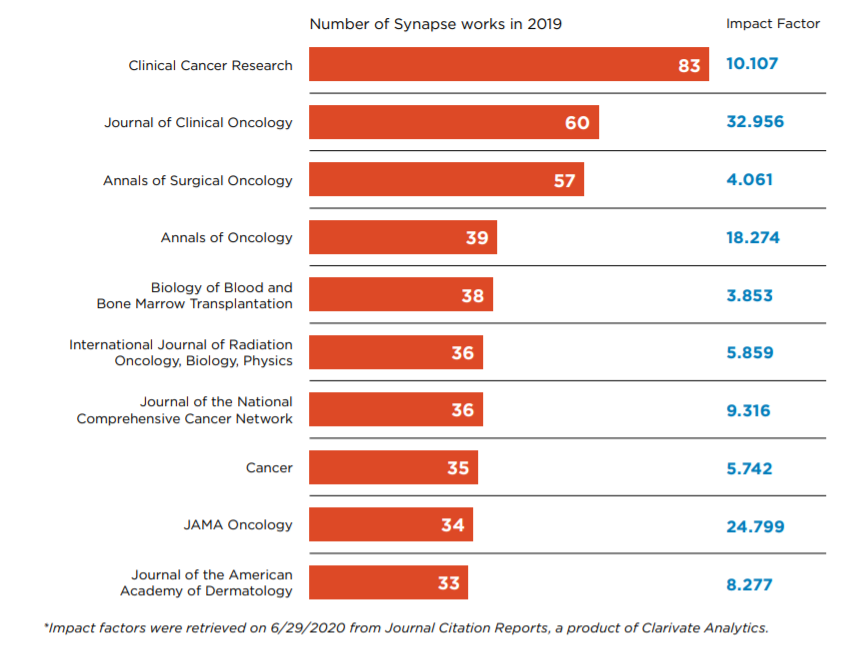When browsing your search results list in PubMed you have different options to help you navigate the list. They are related to the sort order of your search results, the format of records to view, and the ability to initially select references and put them aside to look at them closely later, as well as make changes to your selection(s). These options are explained below in more detail.

Changing Sort Order
You may change the default sort order of your search results depending on your search objective.
- If you need to find some most relevant articles quickly or your search topic is not time sensitive you may use Best Match sort order which is the PubMed default. Your most relevant search results (as determined by an internal algorithm) are found on the top of the results list and results may become less relevant as you go down the list. However, since there are no perfect algorithms, you may actually find the references you like most are not on the top but further down the results list.
- In other instances, you may want to see the most recent references at the top of your search results list, which is typical in most searches in the field of biomedicine. For that you will need to change the default. Click on the Display Option next to the Sort By in the right corner above the search results and change Best Match to Most Recent or Publication Date (with an arrow looking downward) from the drop down box.
- Sometimes you may prefer to see the oldest references first (when conducting a History of Medicine search, for example) and you may want to re-sort your results list in an ascending chronological order by clicking the Publication Date option with an upward arrow.
NOTE: Once you change the Sort By default, PubMed will remember your most recent selection and make it a default for you until you change it again. This may not work if you are on Virtual Desktop though.
Viewing Abstracts
You may also choose the format of references in your search results list.
If you want to browse the search results and read the abstracts at the same time you may do any of the following:
- Click on the articles’ titles to see the abstracts – one at a time
- Click on the Display Options and change the Format from Summary to Abstract to see the search results list in the abstract format
Displaying search results as a PMID list
New PubMed was enhanced with the new PubMed IDs display capabilities. You may display your search results as the list of PMIDs by clicking Display Options > Format > PMID. This will allow copying the PMID list to a document or e-mail and, when needed, restoring the references by pasting the PMIDs back in Pubmed search box and searching on them (see an older post on searching by PMIDs).
Sending to Clipboard
If you want to select references first and look at your selection in more detail later (such as if you are running multiple searches) use the Clipboard feature. Select (check mark) references when browsing the search results list; when done – click on Send To button above the search results and click Clipboard. You will be prompted to go to Clipboard immediately but you can do it any time before you shut down your computer – the moment you put something in Clipboard the Clipboard link appears under the PubMed search box.
In Clipboard, you may review your selected references again and make other choices, e.g. delete references from Clipboard. You also have the same options in Clipboard as in the search results list, e.g. you can send the references to your My NCBI account, or send to Citation Manager. Clipboard Details in Advanced Search (Clipboard is always the last line in the History and Search Details) are displayed as a PMID list.
NOTE: References will disappear from Clipboard after 8 hours of inactivity.

